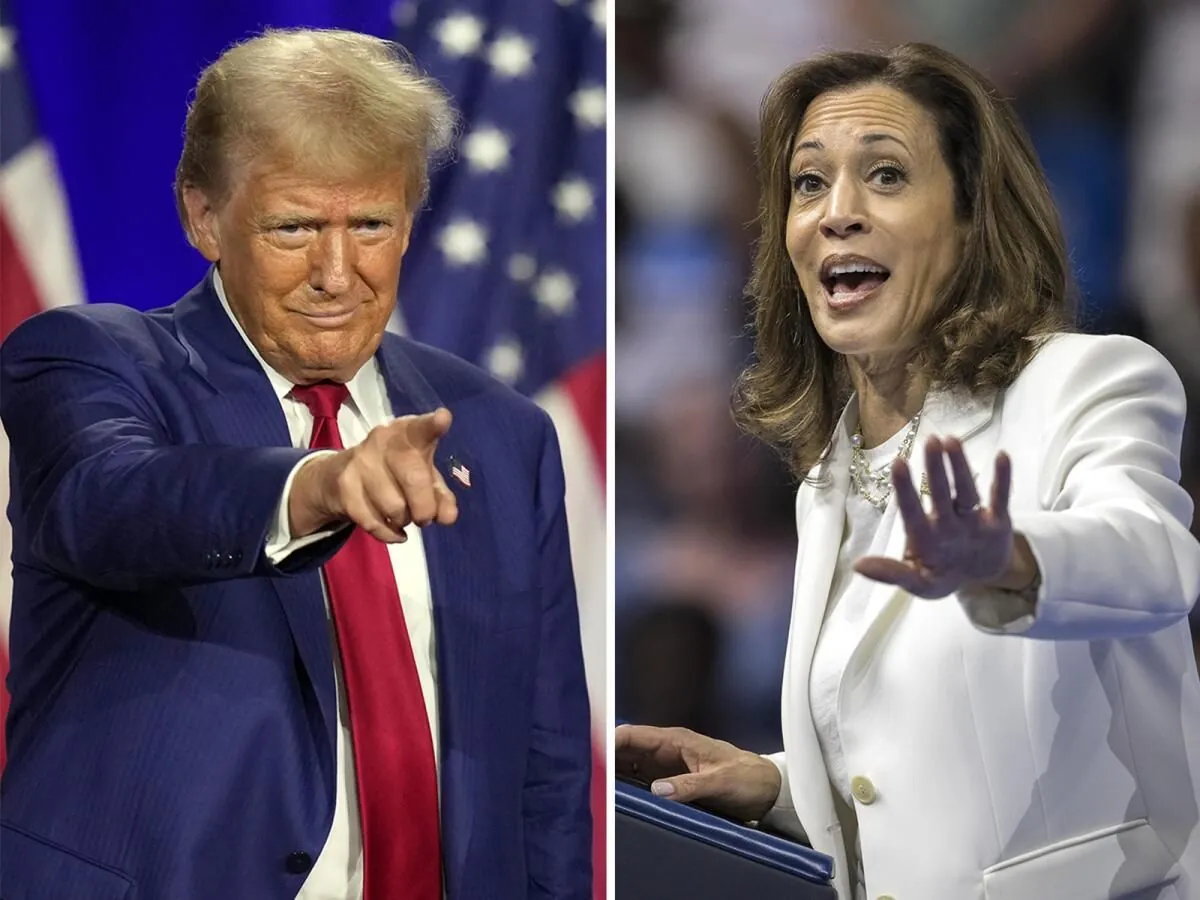In a strategic move to energize their respective bases, Vice President Kamala Harris and former President Donald Trump are engaging in targeted campaign activities less than seven weeks before the anticipated November 5, 2024, presidential election.
Harris is set to participate in a two-hour "Unite for America" livestream event with media mogul Oprah Winfrey in Michigan. This digital gathering aims to showcase numerous grassroots organizations supporting the vice president's campaign. Winfrey, who endorsed Harris and addressed the Democratic convention in August 2024, continues to leverage her influential platform in support of the incumbent administration.
Meanwhile, Trump is scheduled to attend an event in Washington, D.C., focusing on combating anti-Semitism in America. The former president will address a gathering that includes Miriam Adelson, co-owner of the NBA's Dallas Mavericks and widow of casino magnate Sheldon Adelson. Trump is also slated to speak at the Israeli-American Council's national convention, an organization founded in 2007 to strengthen Israeli and Jewish identities among Israeli-Americans.
These campaign events occur as the nation approaches the first anniversary of the October 7, 2023, Hamas attacks on Israel, which initiated the conflict in Gaza. The timing underscores the ongoing significance of international affairs in the presidential race.
Harris plans to visit the swing states of Wisconsin and Georgia, where she will highlight the case of Amber Thurman, a young mother who died after experiencing complications from an abortion pill. The vice president argues that this tragic incident illustrates the consequences of policies supported by the Trump administration.
"This case demonstrates the real-life impact of restrictive abortion laws on American women."
The economic landscape is also playing a crucial role in the campaign. The Federal Reserve recently announced a significant half-point cut to its benchmark interest rate, potentially altering the financial environment as voters prepare to cast their ballots. This move by the central bank, established in 1913, could have far-reaching effects on borrowing costs and inflation.
Trump, campaigning in New York, suggested that the rate cut might indicate economic weakness, stating, "I guess it shows the economy is very bad to cut it by that much, assuming they're not just playing politics."
In response to questions about the potential political influence of the rate cut, White House Press Secretary Karine Jean-Pierre emphasized the Biden administration's respect for the Federal Reserve's independence, contrasting this approach with previous administrations.
As the campaign intensifies, both candidates continue to navigate complex political and economic issues, striving to secure support from their core constituencies while addressing the concerns of the broader electorate.
